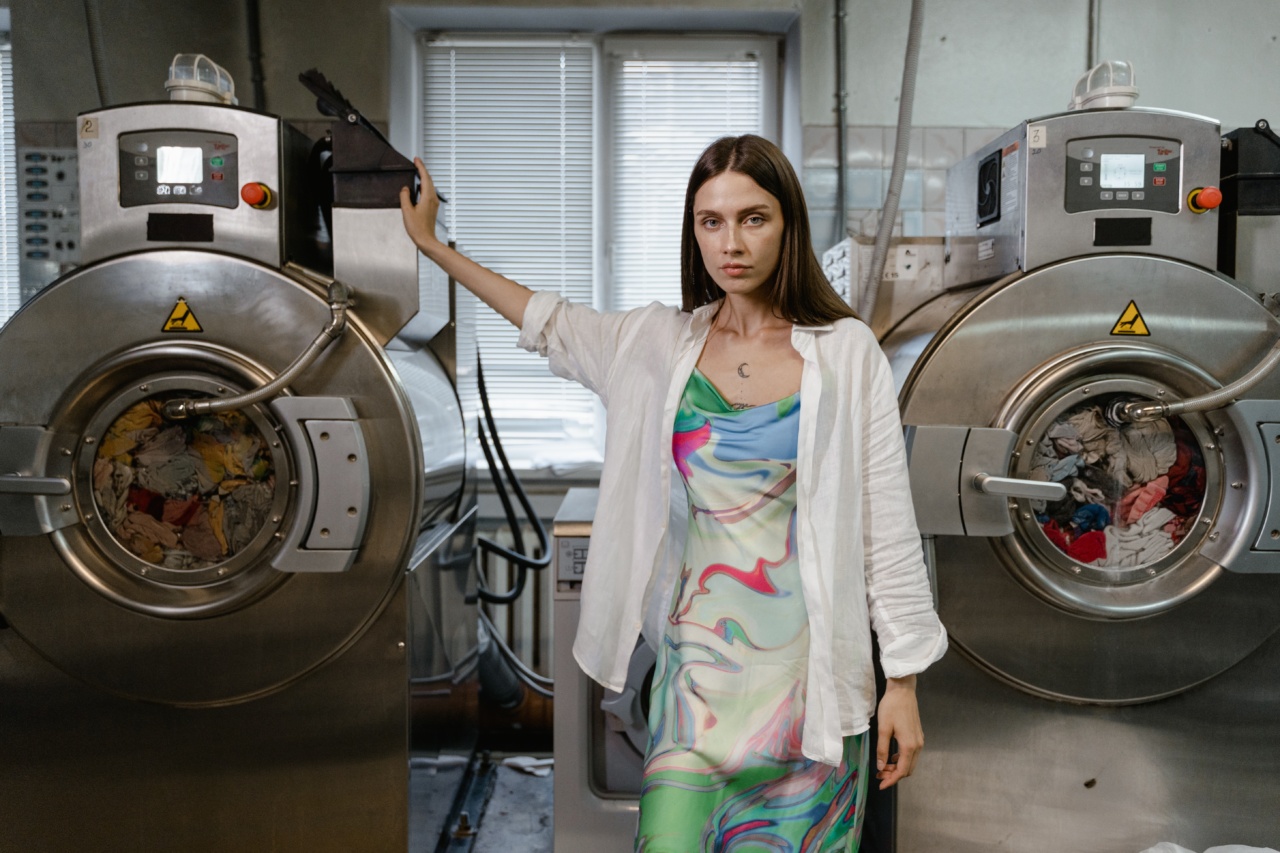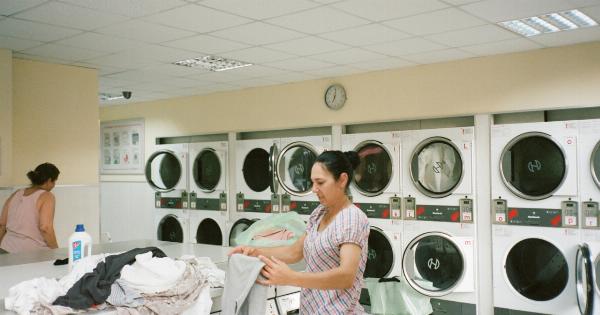Laundry is an inevitable part of our daily routine.
We rely on it to keep our clothes clean and fresh, but did you know that it could be affecting your fertility? Studies have shown that certain chemicals found in laundry detergents and fabric softeners can disrupt our hormones and potentially lead to infertility. It’s important to understand this link and take steps to minimize our exposure to these chemicals.
Chemicals in Laundry Detergents and Fabric Softeners
The chemicals in laundry detergents and fabric softeners that have been linked to infertility include phthalates, triclosan, artificial fragrances, and nonylphenol ethoxylates (NPEs). These chemicals can disrupt our hormones in a number of ways.
For example, they may mimic estrogen in the body or interfere with the production and function of testosterone. This disruption can lead to a variety of reproductive problems for both men and women.
Infertility in Women
For women, exposure to these chemicals can lead to irregular menstrual cycles, which can make it more difficult to conceive.
Additionally, studies have shown that women who have higher levels of phthalates in their bodies are more likely to experience early menopause, which can also impact fertility. Some chemicals may also increase the risk of miscarriage or birth defects if a woman does become pregnant.
Infertility in Men
For men, exposure to these chemicals can lead to decreased sperm quality and quantity, which can make it more difficult to conceive.
Additionally, some chemicals may cause damage to the DNA in sperm, which can increase the risk of miscarriage or birth defects if the couple does become pregnant. Men who work in industries where they are exposed to these chemicals regularly may be at an even higher risk.
Minimizing Exposure to Chemicals
While it’s almost impossible to completely avoid exposure to these chemicals, there are steps you can take to minimize your exposure:.
- Choose unscented laundry products whenever possible.
- Avoid fabric softeners and dryer sheets. Instead, use wool dryer balls or natural alternatives like vinegar or baking soda.
- Switch to environmentally friendly laundry products that are free from harmful chemicals.
- Wash clothing in cold water whenever possible.
- Avoid dry cleaning whenever possible, as dry cleaning chemicals can also be harmful to our health.
By taking these steps, you can reduce your exposure to these chemicals and potentially improve your chances of conceiving.
Other Chemicals to Watch Out For
While laundry products are the main culprits when it comes to fertility, there are other chemicals that you should also be aware of:.
- BPA (bisphenol A) – found in plastic bottles and containers, can cause hormone disruption in both men and women.
- Perfluorinated chemicals (PFCs) – found in non-stick cookware, can cause hormone disruption and decrease fertility.
- Organophosphate pesticides – found in conventionally grown produce, can cause hormone disruption and decrease fertility.
It’s important to try and avoid these chemicals as much as possible by choosing BPA-free plastics, avoiding non-stick cookware, and choosing organic produce whenever possible.
Conclusion
While we can’t completely avoid exposure to harmful chemicals, we can take steps to minimize our exposure.
By choosing chemical-free laundry products, avoiding certain products altogether, and choosing safer options in other areas of our lives, we can reduce our risk of hormone disruption and infertility. It’s important to take these steps not only for our own reproductive health, but for the health of generations to come.





























